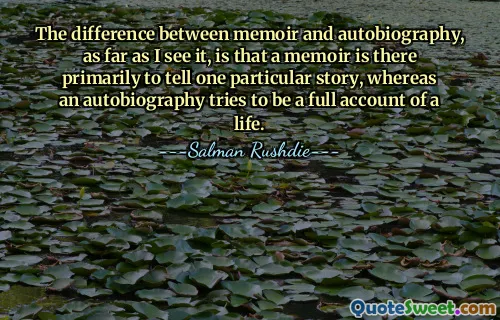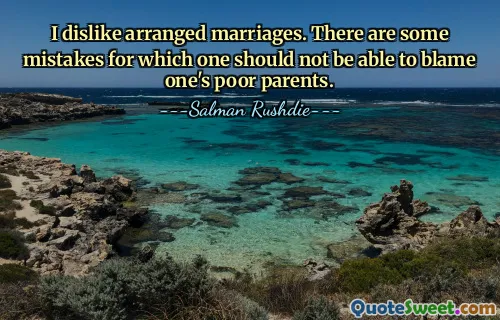Salman Rushdie is a prominent author known for his intricate narratives and rich storytelling. His work often explores themes of identity, cultural conflict, and the complexities of post-colonial societies. Rushdie gained significant fame with his novel "Midnight's Children," which won the Booker Prize and is celebrated for its magical realism and historical depth. His writing frequently intertwines personal and political elements, reflecting his experiences as an immigrant and a thinker. Rushdie's life has been marked by controversy, especially following the publication of "The Satanic Verses," which sparked outrage in some Muslim communities and led to a fatwa calling for his death. This situation forced him into hiding for several years and intensified debates about freedom of expression and the limits of art. Despite these challenges, he has continued to write and speak on issues related to culture, religion, and politics. In addition to novels, Rushdie has penned essays, children’s books, and works of non-fiction, further solidifying his status as a literary figure. His contributions to literature have earned him numerous awards and honors. Rushdie's life and works serve as an exploration of the nuances of faith, belief, and the power of storytelling in shaping human experience.
Salman Rushdie is a renowned British-Indian author known for his imaginative and often controversial storytelling. Throughout his writing career, he has addressed complex themes such as identity, migration, and the intricacies of cultural narratives.
His work reflects a deep engagement with history and mythology, making him a significant voice in contemporary literature. Rushdie's unique blend of magical realism and political commentary challenges readers to think critically about their surroundings.
Despite facing significant personal and professional challenges, including enduring threats to his life, he has remained committed to speaking out about freedom of expression and the importance of literature in society.
Loading...
More »
Today Birthdays
1887 -
Robinson Jeffers
1864 -
George Washington Carver
1936 -
Stephen Ambrose
1953 -
Pat Benatar
1949 -
George Foreman
1945 -
Rod Stewart
1936 -
Robert Woodrow Wilson
1938 -
Donald Knuth
1974 -
Hrithik Roshan
1956 -
Antonio Munoz Molina
1980 -
Sarah Shahi
1936 -
Al Goldstein
1939 -
David Horowitz
1955 -
Michael Schenker
1986 -
Abbey Clancy
1959 -
Chris Van Hollen
1989 -
Emily Meade



